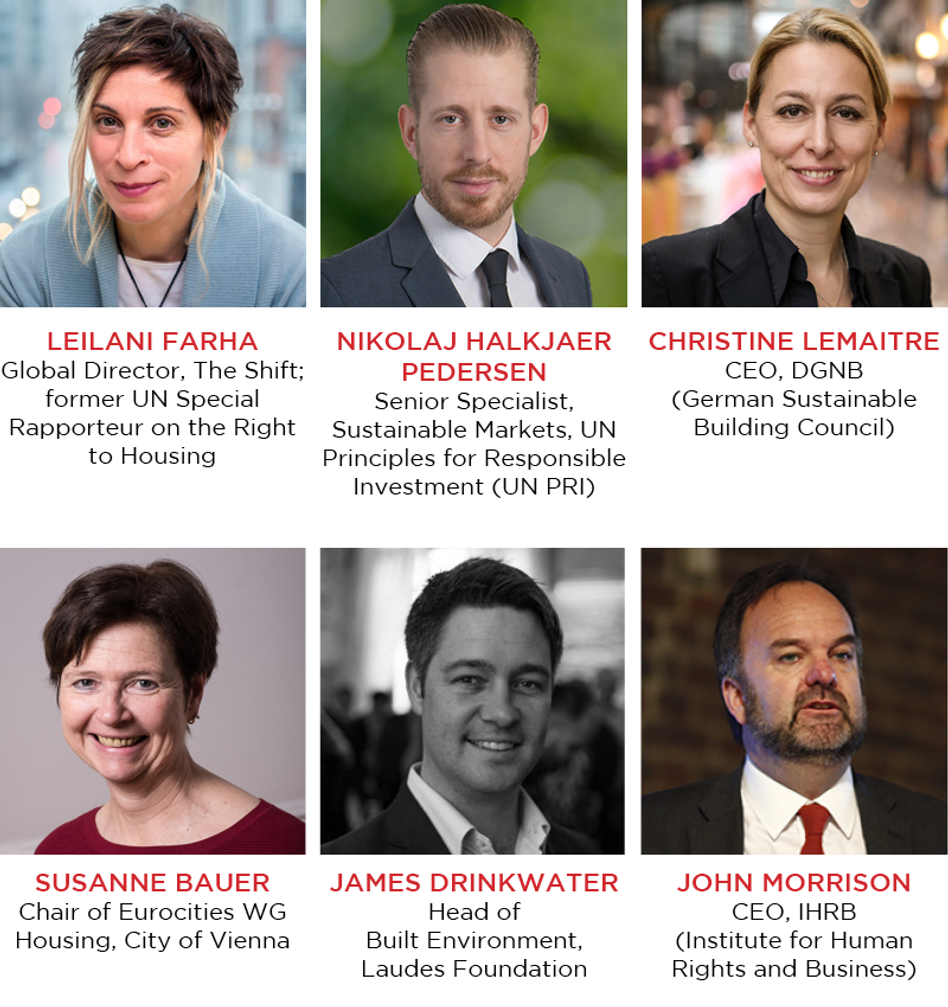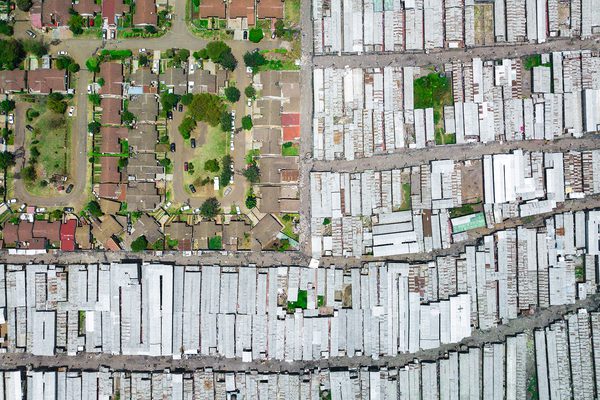Better Building(s) - Financing Human Rights-Based Decarbonisation in Europe’s Built Environment
10 June 2021
From the European Green Deal, to the EU Taxonomy, to the Renovation Wave and more, Europe is moving fast to reduce the climate impact of its buildings, which account for 36% of its carbon emissions.
How can finance for this process be channeled in ways that ensure respect for human rights and positive outcomes, in areas such as socio-economic inclusion, housing, workers’ rights, and physical and mental health?
This dynamic conversation comes off the back of the EU Social Summit in Porto, and looks ahead to COP26 in Glasgow in November 2021, with leaders from finance, city-level government, industry, and civil society including:

New Policy Report
As part of the event, IHRB has launched a new policy report with recommendations for government and for finance (at the levels of portfolio and projects), on measures to ensure social equity while decarbonising the built environment, with illustrative examples of action from throughout Europe.
Additional reading:
- Framework: "Dignity in the Built Environment Framework" - an internationally-applicable and locally-adaptable tool for action, aligned with human rights standards and the Sustainable Development Goals
- Commentary: "Better Building(s) - A Rights-based approach to Decarbonization"
- Foundational report: "Dignity by Design: Human Rights and the Built Environment Lifecycle"
About the Coalition for Dignity in the Built Environment
IHRB and three partner organisations - Raoul Wallenberg Institute, Rafto Foundation and the Australian Human Rights Institute at the University of New South Wales - have formed the Coalition for Dignity in the Built Environment. The Coalition is working globally to advance human rights approaches, with the Framework for Dignity in the Built Environment as its touch-point.
IHRB's regional built environment work in Europe is supported by Laudes Foundation.
Image: Photo by Dimitry Anikin/Unsplash



